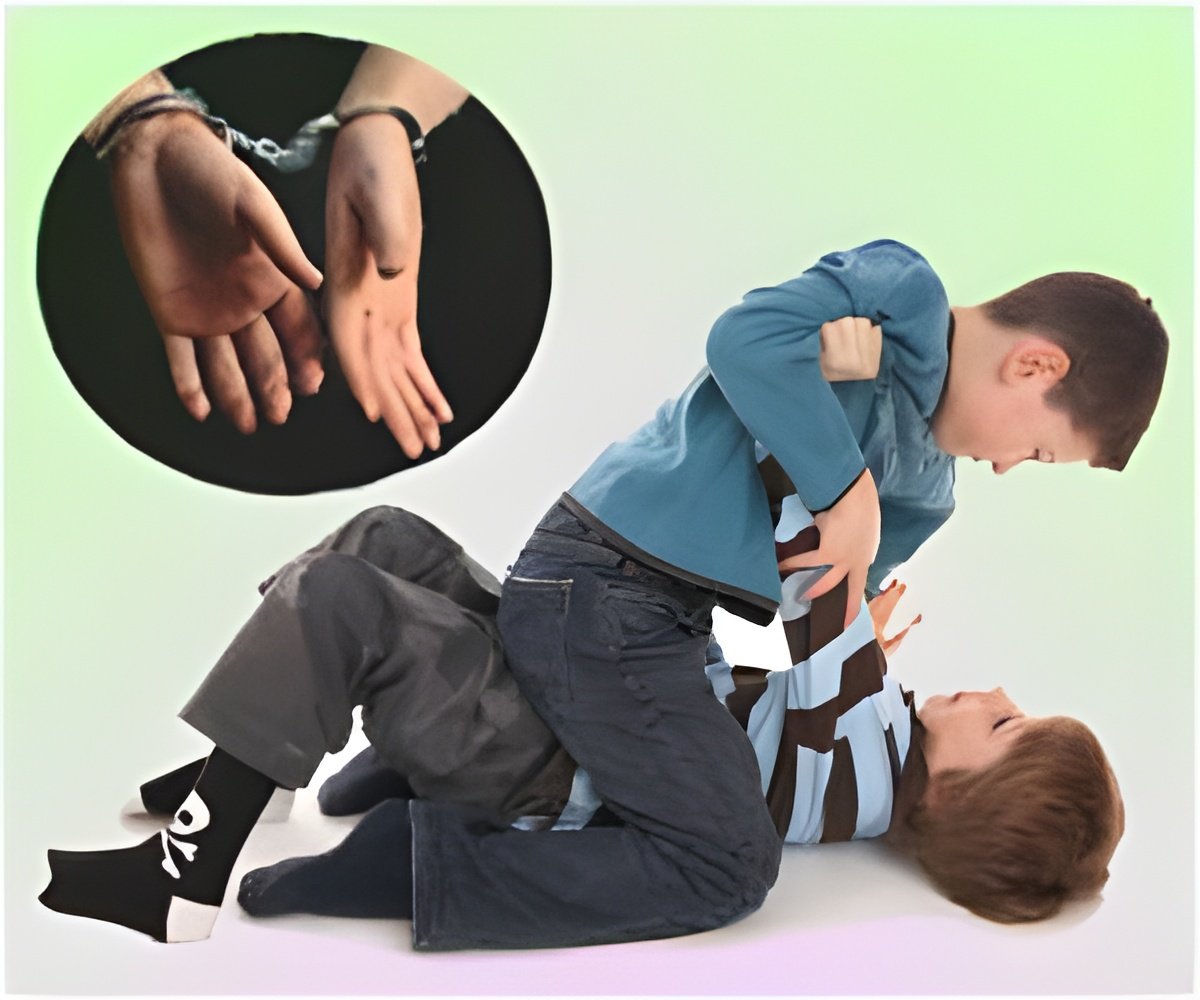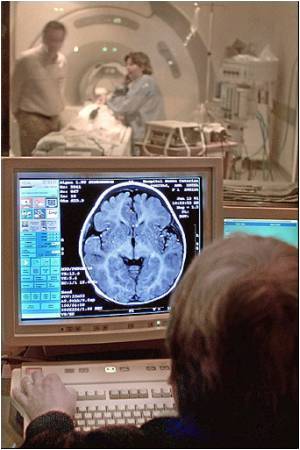If tantrums and disruptive behavior among children is prolonged or especially intense, the child may have conduct disorder, a childhood psychiatric problem.

Senior investigator Joan L. Luby, MD, professor of child psychiatry said, "Previously, we did not understand the empirical differences between normal disruptive behaviors in preschoolers - like temper tantrums, for example and behaviors that signal problems. If you went to your pediatrician and said, 'My 3-year-old is having tantrums', the pediatrician wouldn't tell you to see a psychiatrist. We characterize a symptom as high-intensity when it's really high-pitched, so just how severe the anger is. Other factors that would qualify a symptom as high-intensity would hinge on how frequently the behavior occurs and the context in which it occurs. A high-intensity symptom is one that is very acute or severe, occurs over a long duration of time and happens in a number of different contexts."
First author Ji Su Hong said, "Children who had high-intensity symptoms as preschoolers were likely to have conduct disorder. And those symptoms also tended to predict conduct disorder when they reached school age. And conduct disorder is a serious problem when it affects a child under 10 because early-onset problems are more likely to persist as the child grows up."
Researchers believe that the best chance young children have to avoid recurring problems is early diagnosis and treatment.
The findings are published in 'The Journal of Pediatrics'.
Source-Medindia
 MEDINDIA
MEDINDIA




 Email
Email





